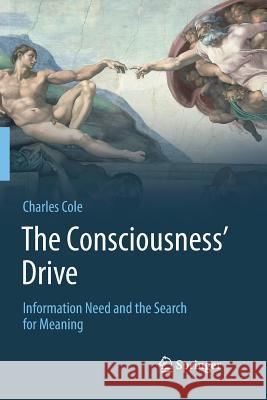The Consciousness' Drive: Information Need and the Search for Meaning » książka
topmenu
The Consciousness' Drive: Information Need and the Search for Meaning
ISBN-13: 9783030064341 / Angielski / Miękka / 2019 / 247 str.
Kategorie:
Kategorie BISAC:
Wydawca:
Springer
Język:
Angielski
ISBN-13:
9783030064341
Rok wydania:
2019
Wydanie:
Softcover Repri
Ilość stron:
247
Waga:
0.36 kg
Wymiary:
23.39 x 15.6 x 1.4
Oprawa:
Miękka
Wolumenów:
01
Dodatkowe informacje:
Wydanie ilustrowane











